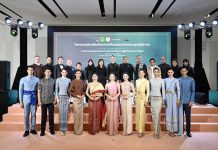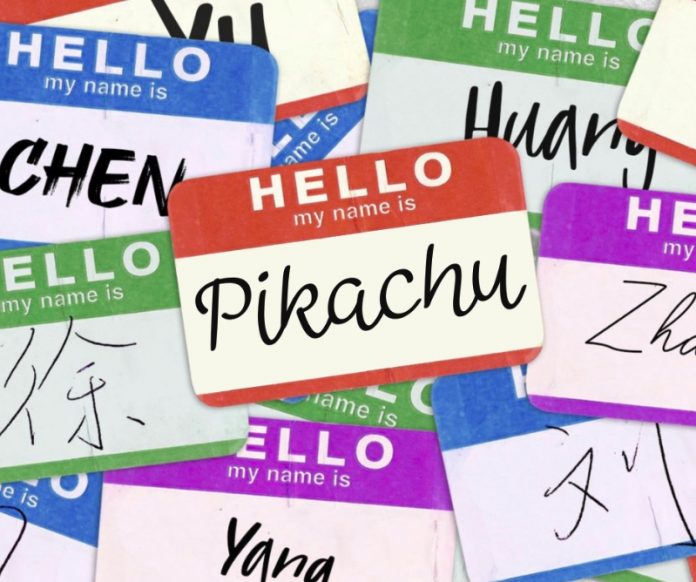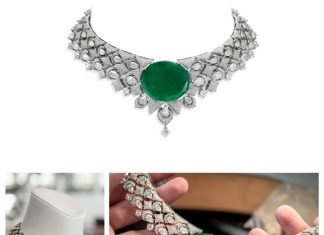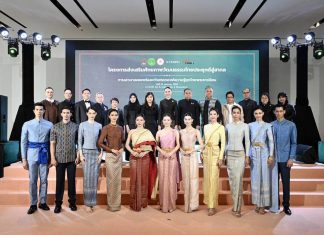รัฐบาลญี่ปุ่นได้ประกาศใช้กฎใหม่ในการควบคุมการตั้งชื่อลูก เพื่อจำกัดการใช้ชื่อที่มีลักษณะ “คิรากิระ” หรือชื่อที่แปลกประหลาดและไม่เป็นไปตามขนบเดิมของการอ่านออกเสียงคันจิ ให้นี้มีผลบังคับใช้เมื่อวันจันทร์ที่ผ่านมา โดยกำหนดให้พ่อแม่ต้องแจ้งการอ่านออกเสียงของคันจิในชื่อบุตรต่อเจ้าหน้าที่ทางราชการ และอนุญาตเฉพาะการออกเสียงที่ได้รับการยอมรับในทางปฏิบัติอย่างเป็นทางการเท่านั้น หากชื่อที่ตั้งมีการอ่านที่ผิดแผกจากมาตรฐาน ผู้ปกครองจะต้องยื่นเอกสารอธิบายเหตุผล และอาจต้องเสนอชื่อใหม่ที่เหมาะสมกว่า
กระแสชื่อแปลกเพิ่มขึ้นอย่างเห็นได้ชัดตั้งแต่ปี 1980 พ่อแม่บางรายหันมาตั้งชื่อลูกด้วยเสียงที่ต้องการ แล้วเลือกคันจิที่มีเสียงใกล้เคียง แม้ว่าโดยทั่วไปคันจินั้นจะไม่ได้ออกเสียงเช่นนั้น ตัวอย่างชื่อที่เคยเป็นข่าวและถูกสังคมวิจารณ์ รวมถึง “Pikachu” จากตัวละครโปเกมอน, “Naiki” (Nike), “Daiya” (เพชร), “Pū” (หมีพูห์), “Kitty” จากคิตตี้จัง ไปจนถึงชื่อที่สื่อถึงความยโส เช่น “Ōjisama” (เจ้าชาย) หรือแม้แต่ชื่อที่อาจถือเป็นลางร้ายอย่าง “Akuma” (ปีศาจ)
แม้บางคนมองว่าการตั้งชื่อแปลกเป็นการแสดงออกถึงความเป็นปัจเจกในสังคมที่มีแรงกดดันให้ “อยู่ในกรอบ” แต่รัฐบาลให้เหตุผลว่ากฎใหม่นี้จะช่วยลดความซับซ้อนในการบริหารงาน โดยเฉพาะในช่วงที่ประเทศกำลังผลักดันระบบราชการดิจิทัล การเปลี่ยนแปลงครั้งนี้สะท้อนความพยายามของรัฐในการจัดระเบียบชื่อที่ใช้ในระบบสาธารณะ แม้ต้องลดทอนเสรีภาพบางส่วนของผู้ปกครองก็ตาม
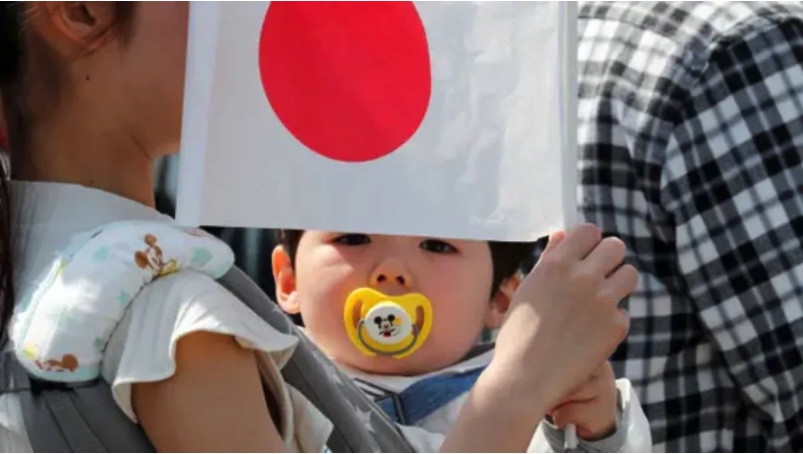
The Japanese government has announced a new regulation to control the naming of children, aiming to limit the use of so-called “kirakira” names—unusual or unconventional names that deviate from traditional readings of kanji. The new rule, which came into effect this past Monday, requires parents to submit the phonetic reading of the kanji used in their child’s name to government officials. Only officially recognized and commonly accepted pronunciations will be permitted. If a chosen name features a reading that clearly deviates from the norm, parents must submit a written explanation and may be asked to propose a more appropriate alternative.
The trend of giving children unique or flashy names has noticeably increased since the 1980s. Some parents have opted to create names based on the sounds they prefer, then selected kanji with matching pronunciations—even if the kanji are not typically read that way. Examples of such controversial names that have attracted public criticism include “Pikachu” (from the Pokémon character), “Naiki” (Nike), “Daiya” (Diamond), “Pū” (as in Winnie-the-Pooh), and “Kitty” (from Hello Kitty), as well as names suggesting arrogance like “Ōjisama” (Prince) or ominous meanings such as “Akuma” (Devil).
While some view these naming practices as expressions of individuality in a conformist society, the government argues that the new rule will streamline administrative processes—particularly as Japan moves toward a more digitized bureaucracy. This change reflects the state’s effort to standardize names used in public systems, even at the cost of slightly curbing parental freedom.
#japannaminglaw #kirakira #babynames #updatenews #TheThailandder
ที่มา : www.theguardian.com , edition.cnn.com




